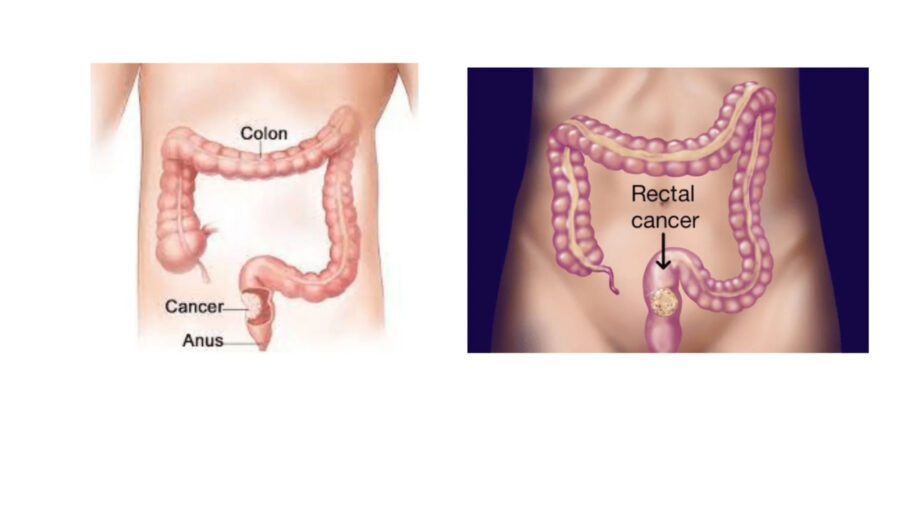Rectal cancer is a kind of cancer that starts in the rectum. The rectum is the big intestine’s last few inches. It begins at the end of your colon and terminates when it reaches the little, tight canal leading to the anus. Cancer of the rectum (rectal cancer) and cancer of the colon (colon cancer) are sometimes referred to as “colorectal cancer.” While rectal and colon cancers are similar in many aspects, their therapies differ significantly. This is mostly due to the rectum’s location in a small compartment, barely separated from other organs and tissues. Because of the limited space, removing rectal cancer may be difficult.
Long-term survival for persons with rectal cancer was previously unusual, even after comprehensive therapy. Rectal cancer survival rates have increased dramatically as a result of therapy breakthroughs over the previous several decades.
Symptoms
Rectal cancer signs and symptoms include:
1. A shift in bowel patterns, such as diarrhea, constipation, or more frequent stool movements
2. Blood in stool that is dark maroon or bright red
3. Stool that is narrow
4. A sensation that your bowel does not entirely empty
5. Pain in the abdomen
6. Unknown cause of weight loss
7. Weakness or exhaustion
Causes
Rectal cancer develops when healthy cells in the rectum undergo DNA alterations. The DNA of a cell includes the instructions that inform the cell what to do. The alterations instruct the cells to expand uncontrolled and to live long after healthy cells would have died. Cells that clump together can create a tumor. Cancer cells can spread over time and infiltrate and kill healthy tissue nearby. Cancerous cells can also break out and spread to other places of the body (metastasize). It is unknown what causes the mutations that cause rectal cancer to occur in the majority of cases.
Source: mayoclinic


